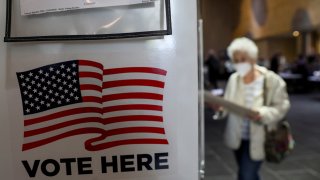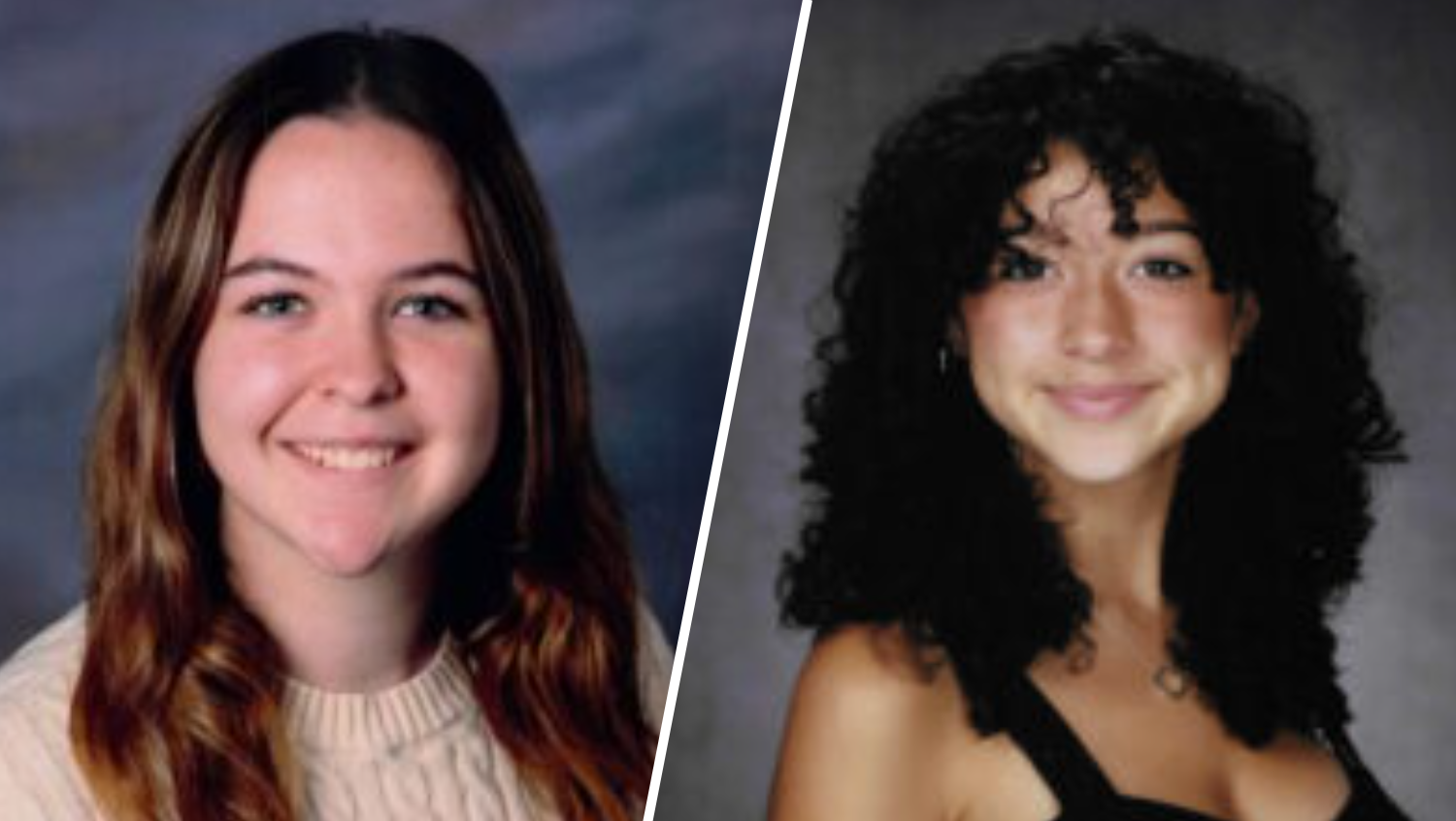
As voters cast their ballots during the 2020 Presidential Election at polling places across the nation, election observers will be present throughout the election process.
And their presence has a purpose, says San Diego County Registrar Michael Vu, “We want to allow for individuals to be able to see the operations of the elections,” adding, “Because the election process is an observable process which is transparent to all voters.”
Here in California, the rules are in part to prevent electioneering or campaigning within 100 feet of a polling place, which is against the law.
Observers must check in with the polling site manager or poll worker to find where they can be and what the rules are at that location, according to Vu.
“Because of the pandemic, they’re going to be in a specific place in the voting area,” Vu told NBC 7.
In San Diego County, that area will be away from the voting booths themselves and closer to where the check-in stations are to keep poll workers and voters safe during the pandemic.
Vu said observers can ask poll workers questions, as long as they don’t interfere with the election process. Observers can ask to see, but not touch, the voter roster, which is a list of people who have voted.
Observers will not be allowed to use a cellphone, take photographs or video, but can take written notes while within 100 feet of a polling place. They must also wear masks.
They can not talk about any items on the ballot, whether that be a candidate, contest, or measure. And most importantly, Vu said, “They cannot be talking to voters.”
There are also rules about what observers are allowed to wear.
They can’t display any election material or wear campaign badges, buttons, or shirts, or hats with any reference to anything on the ballot. That includes candidates or measures.
Poll workers may have the observer turn a shirt inside out or remove a hat or button before entering.
But Michael Vu explained that some phrases are acceptable.
“MAGA or BLM, that actually is OK," he explained. "It’s not considered electioneering.”
Observers can’t wear a peace officer, private guard, or security personnel uniform, including observers who are outside a polling location and within 100 feet of a polling place.
In California, it is against the law for observers or anyone to carry a firearm, open or concealed in voting sites. And observers must respect voters as they make their way to the polls.
“They should not be intimidated or interfered with in terms of their ability to go inside the polling location," Vu said.
It is illegal to get in the way of the voting process, as well. State law says anyone who interferes with an election or attempts to prevent voters from casting ballots could be punished with up to three years in prison.
If an observer sees something that they feel needs attention, they should contact the San Diego County Voter Registrar of Voters.



